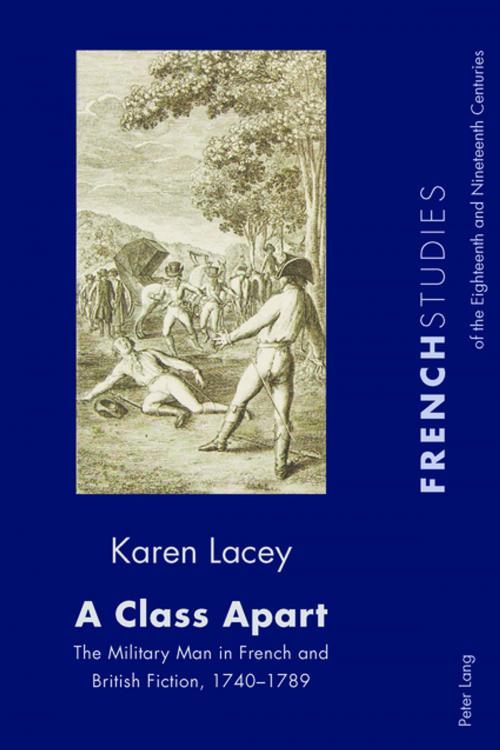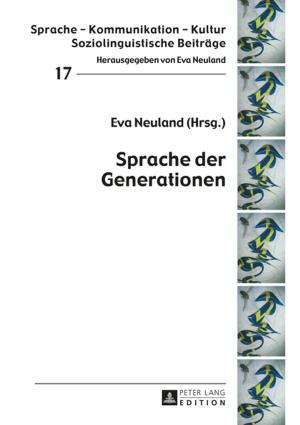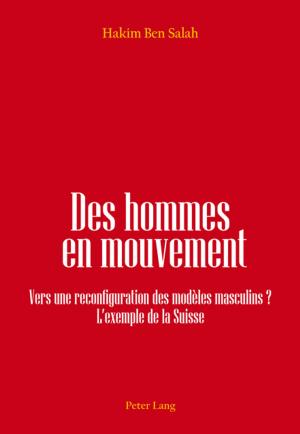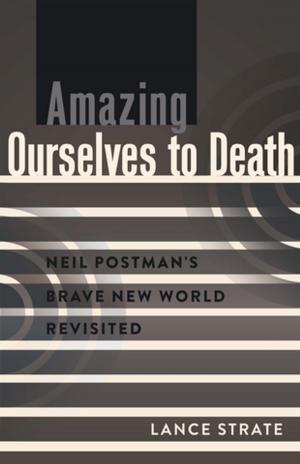A Class Apart
The Military Man in French and British Fiction, 17401789
Fiction & Literature, Literary Theory & Criticism, French, British, Theory| Author: | Karen Lacey | ISBN: | 9783035396645 |
| Publisher: | Peter Lang | Publication: | April 29, 2016 |
| Imprint: | Peter Lang AG, Internationaler Verlag der Wissenschaften | Language: | English |
| Author: | Karen Lacey |
| ISBN: | 9783035396645 |
| Publisher: | Peter Lang |
| Publication: | April 29, 2016 |
| Imprint: | Peter Lang AG, Internationaler Verlag der Wissenschaften |
| Language: | English |
The military man has long been one of literature’s archetypal figures. Using a comparative framework, this book traces the transformation of the military man in eighteenth-century British and French literature as this figure moved from noble warrior to nationalised professional in response to changes within the military structure, the role of empire and the impact of an expanding middle class. The author examines the way in which the masculinity of the military man was reimagined at a time when older models of military service persisted alongside emerging models of patriotic nationalism, inspired by bourgeois morality, the cult of sensibility and a new understanding of the role of violence in both public and private domains. Through a corpus of canonical and lesser-known literature, the book explores the military man’s relationship to the state and to his fellow citizens, even in the domestic setting. With the role of the «nobleman» in decline, the military man, not a «civilian» and no longer associated with the ‘aristocrat’, became a separate class of man.
The military man has long been one of literature’s archetypal figures. Using a comparative framework, this book traces the transformation of the military man in eighteenth-century British and French literature as this figure moved from noble warrior to nationalised professional in response to changes within the military structure, the role of empire and the impact of an expanding middle class. The author examines the way in which the masculinity of the military man was reimagined at a time when older models of military service persisted alongside emerging models of patriotic nationalism, inspired by bourgeois morality, the cult of sensibility and a new understanding of the role of violence in both public and private domains. Through a corpus of canonical and lesser-known literature, the book explores the military man’s relationship to the state and to his fellow citizens, even in the domestic setting. With the role of the «nobleman» in decline, the military man, not a «civilian» and no longer associated with the ‘aristocrat’, became a separate class of man.















